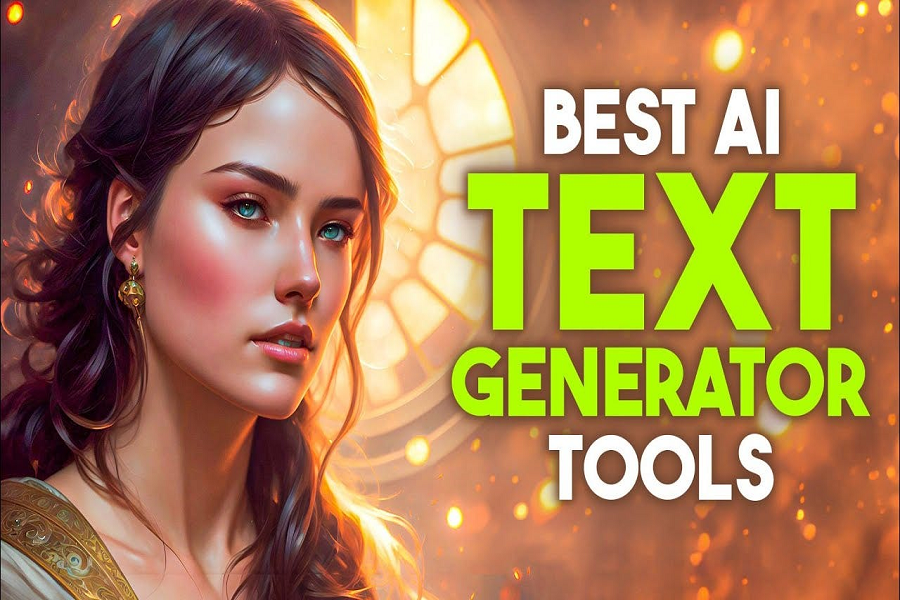
The Era of AI Writers: Exploring Free Text Generation Tools
In the swiftly evolving landscape of technology, the emergence of free AI text generators marks a significant milestone in the realm of content creation. These sophisticated tools, powered by groundbreaking artificial intelligence, are redefining the boundaries of writing, offering both challenges and opportunities in equal measure. This article delves into the world of free AI text generators, exploring their capabilities, implications, and the future they herald for writers and content creators.
Free AI text generators function by utilizing advanced machine learning algorithms, particularly those based on models like GPT (Generative Pretrained Transformer). By analyzing and learning from massive datasets of text, these tools can generate coherent, contextually relevant, and often surprisingly creative content. The most striking feature of these free AI text generators is their accessibility. They democratize the art of writing, allowing people from all walks of life to generate written content for a variety of purposes, ranging from creative writing to business reports.
The capabilities of these AI tools are multifaceted. For instance, they can assist in overcoming writer’s block by providing suggestions or continuing a piece of text based on given prompts. They are also adept at generating various forms of content, be it fictional narratives, poetry, or professional articles. This flexibility makes free AI text generators incredibly valuable for both professional writers and those who may not have formal training in writing but wish to express their ideas articulately.
Another significant advantage of these tools is their efficiency. Free AI text generators can produce content at a speed unmatchable by humans, making them ideal for scenarios where time is of the essence, such as news reporting or content creation for social media. This efficiency, however, raises important questions about the role of human writers in the future. While these tools can augment the writing process, concerns about originality and the diminishing value of human-crafted content are growing debates in the literary and content creation communities.
The educational implications of this free AI text generator are profound. They serve as excellent resources for learning and improving language skills. Students can interact with these tools to better understand language structures, styles, and vocabulary. Additionally, they can be a boon for non-native English speakers, helping them to practice and improve their language proficiency.
However, the rise of AI in writing is not without its challenges. The issue of plagiarism and the authenticity of AI-generated content are significant concerns. As these tools become more sophisticated and widespread, ensuring that the content they produce is original and does not infringe on existing copyrights becomes increasingly complex.
Looking forward, the integration of free AI text generators in the writing landscape is likely to grow. These tools, while not replacements for human creativity and expertise, offer substantial support in content creation. They are likely to become more integrated into various writing platforms, providing assistance and enhancements to human writers.
In conclusion, the era of AI writers heralded by the advent of free AI text generators is one of both excitement and caution. As these tools continue to evolve, they promise to transform the writing landscape, making content creation more accessible and efficient. However, it is essential to navigate this new era with an understanding of the balance between AI assistance and human creativity, ensuring that the art of writing remains a distinctly human endeavor. The future of writing, enriched by AI, stands at a fascinating crossroads, blending technology and human ingenuity in ways never before imagined.



